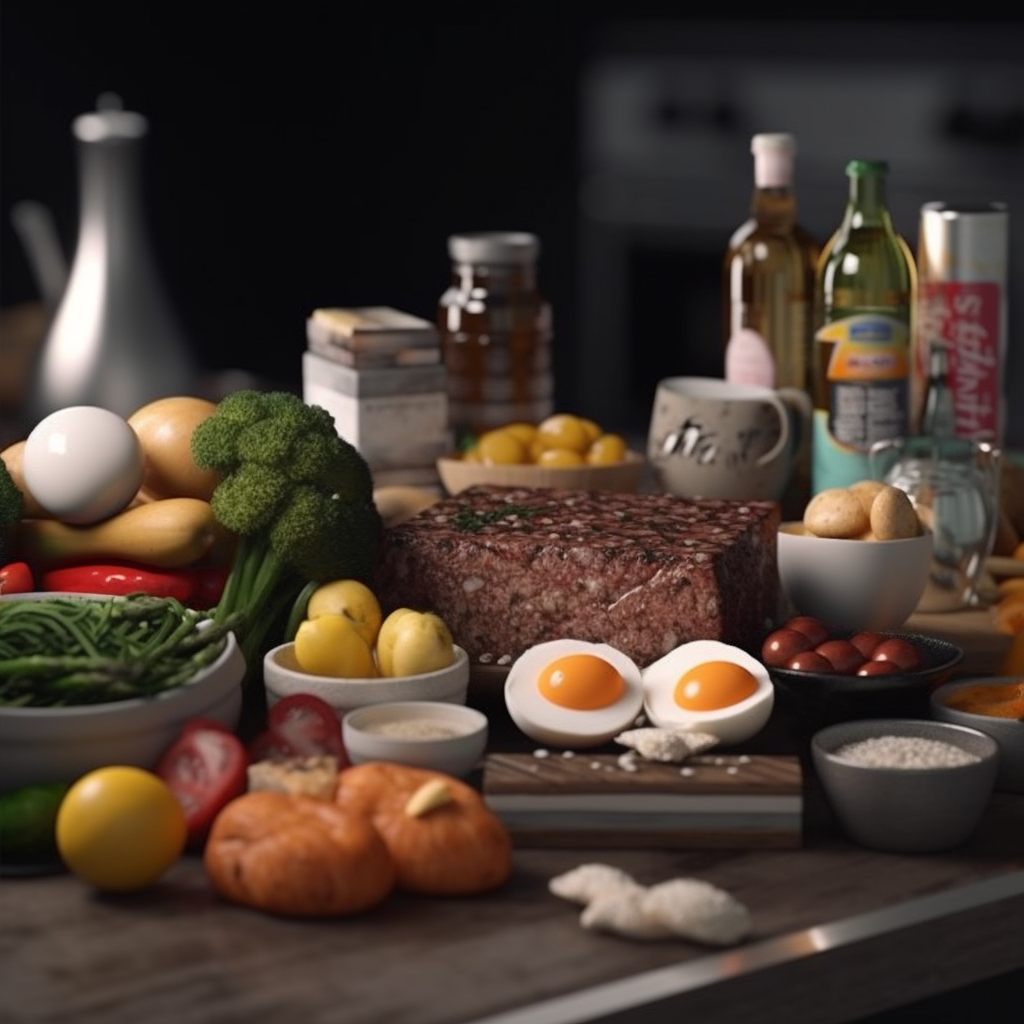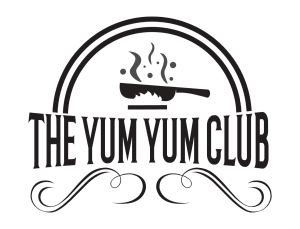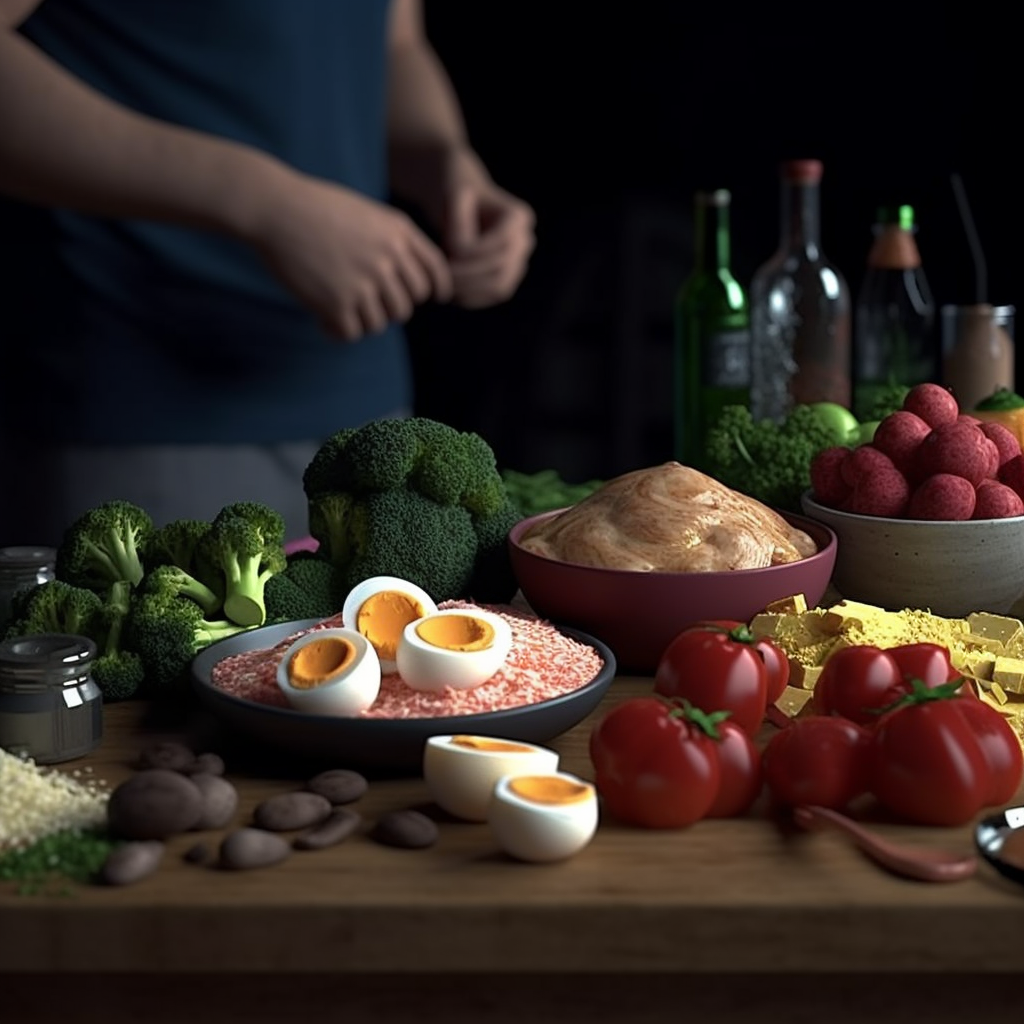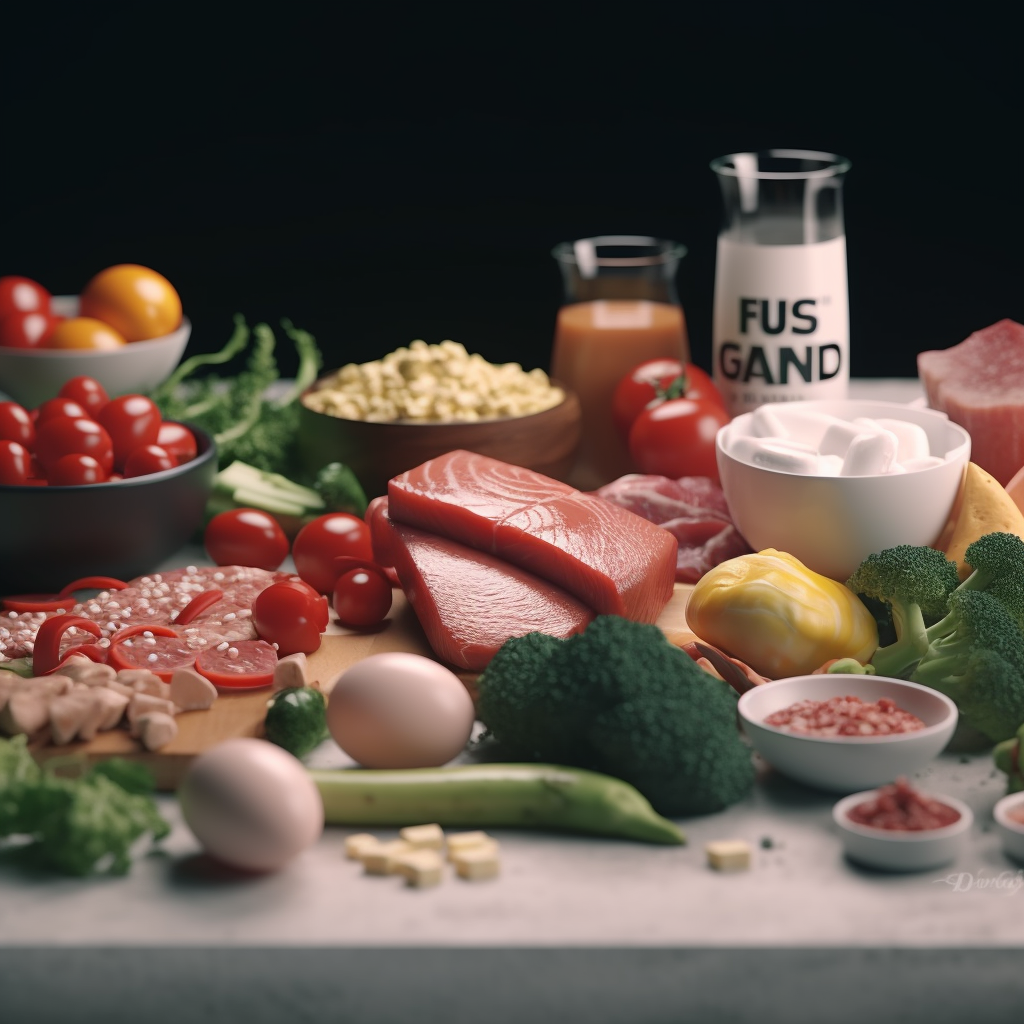
Introduction
Achieving a healthy body composition with both weight loss and muscle gain is a common goal for many people looking to improve their overall health and fitness. While exercise is a crucial component of this journey, nutrition is equally important. Consuming a healthy and balanced diet that’s rich in essential macronutrients and micronutrients is crucial to support weight loss and muscle gain. However, sticking to a healthy diet can be a challenge, especially when it comes to finding tasty and nutritious recipes. In this guide, we’ll explore some healthy recipes that can help you achieve your weight loss and muscle gain goals, without sacrificing flavor or satisfaction. From high-protein recipes to low-calorie options and healthy snacks, we’ll cover everything you need to know to incorporate delicious and nutritious recipes into your diet.
Macro And Micronutrients Needed For Weight Loss And Muscle Gain
When it comes to achieving weight loss and muscle gain, consuming a balanced diet rich in macronutrients and micronutrients is essential. Here’s a breakdown of the nutrients that are especially important:
Protein: Protein is the building block of muscles, and consuming enough protein is essential to support muscle growth and repair. Aim to consume around 1-1.5 grams of protein per pound of body weight per day. Good sources of protein include lean meats, poultry, fish, beans, lentils, tofu, and dairy products.
Carbohydrates: Carbohydrates provide the energy your body needs to fuel exercise and aid in muscle recovery. Aim to consume complex carbohydrates like whole grains, fruits, and vegetables, and limit your intake of processed carbohydrates like sugary drinks and snacks.
Healthy fats: Healthy fats, like omega-3s and monounsaturated fats, can help reduce inflammation and promote overall health. Good sources of healthy fats include fatty fish, nuts, seeds, avocado, and olive oil.
Fiber: Fiber is important for digestive health and can help you feel full, which can be helpful for weight loss. Good sources of fiber include fruits, vegetables, whole grains, and legumes.
Vitamins and minerals: Consuming a diet that’s rich in essential vitamins and minerals is crucial for overall health and can help support muscle growth and recovery. Good sources of vitamins and minerals include fruits, vegetables, whole grains, lean meats, and dairy products.
High-Protein Recipes For Muscle Gain
-
Grilled Chicken with Roasted Vegetables
- 4 oz. boneless, skinless chicken breast
- 1 cup of mixed vegetables (such as broccoli, carrots, and bell peppers)
- 1 tbsp. of olive oil
- Salt and pepper to taste
Instructions:
- Preheat grill or grill pan to medium-high heat.
- Season chicken breast with salt and pepper.
- Grill chicken for 5-6 minutes on each side, or until cooked through.
- Toss mixed vegetables with olive oil, salt, and pepper, and roast in the oven at 375°F for 20-25 minutes.
- Serve grilled chicken with roasted vegetables on the side.
-
Greek Yogurt Parfait
- 1 cup of plain Greek yogurt
- 1/4 cup of granola
- 1/2 cup of mixed berries
- 1 tbsp. of honey
Instructions:
- Layer Greek yogurt, granola, and mixed berries in a jar or bowl.
- Drizzle with honey on top.
- Serve immediately.
-
Salmon and Quinoa Bowl
- 4 oz. of baked salmon
- 1 cup of cooked quinoa
- 1 cup of mixed vegetables (such as kale, bell peppers, and onions)
- 1 tbsp. of olive oil
- Salt and pepper to taste
Instructions:
- Preheat oven to 375°F.
- Season salmon with salt and pepper, and bake for 15-20 minutes, or until cooked through.
- Toss mixed vegetables with olive oil, salt, and pepper, and roast in the oven at 375°F for 20-25 minutes.
- Serve baked salmon and mixed vegetables on a bed of cooked quinoa.
These high-protein recipes are delicious, easy to make, and can help support muscle growth. By incorporating them into your diet, you can ensure that you’re consuming enough protein to achieve your muscle gain goals.
Low-Calorie Recipes For Weight Loss
-
Cauliflower Fried Rice
- 1 head of cauliflower, riced
- 2 eggs
- 1/2 cup of diced carrots
- 1/2 cup of diced onions
- 1/2 cup of frozen peas
- 2 tbsp. of low-sodium soy sauce
- 1 tbsp. of sesame oil
- Salt and pepper to taste
Instructions:
- Heat sesame oil in a large skillet over medium-high heat.
- Add diced onions and carrots, and sauté for 3-4 minutes.
- Add frozen peas and riced cauliflower, and cook for another 3-4 minutes.
- In a separate pan, scramble 2 eggs and add to the skillet.
- Add soy sauce, salt, and pepper to taste.
- Serve hot.
-
Baked Sweet Potato Fries
- 1 large sweet potato
- 1 tbsp. of olive oil
- 1/4 tsp. of smoked paprika
- Salt and pepper to taste
Instructions:
- Preheat oven to 425°F.
- Peel and cut sweet potato into thin fries.
- Toss sweet potato fries with olive oil, smoked paprika, salt, and pepper.
- Spread fries in a single layer on a baking sheet.
- Bake for 20-25 minutes, flipping halfway through.
- Serve hot.
-
Grilled Chicken Salad
- 4 oz. boneless, skinless chicken breast
- 2 cups of mixed greens
- 1/2 cup of cherry tomatoes
- 1/4 cup of sliced cucumbers
- 1 tbsp. of balsamic vinaigrette
- Salt and pepper to taste
Instructions:
- Preheat grill or grill pan to medium-high heat.
- Season chicken breast with salt and pepper.
- Grill chicken for 5-6 minutes on each side, or until cooked through.
- Toss mixed greens, cherry tomatoes, and sliced cucumbers with balsamic vinaigrette.
- Slice grilled chicken and serve on top of salad.
These low-calorie recipes are not only healthy but also flavorful and satisfying. Incorporating them into your diet can create a calorie deficit and support weight loss. Remember to adjust portion sizes based on your individual needs and goals, and consult with a healthcare professional before making significant dietary changes.
How To Meal Prep For Weight Loss And Muscle Gain
Meal prepping is a great way to support both weight loss and muscle gain goals. Here are some tips on how to meal prep effectively:
-
Plan your meals in advance
Take some time to plan your meals for the week ahead. This will help you create a grocery list and ensure you have all the ingredients you need for your meals.
-
Focus on protein and veggies
When meal prepping, it’s important to focus on foods that are high in protein and fiber. Lean protein sources like chicken, turkey, fish, and tofu are great choices. Make sure to include plenty of veggies, too, as they provide important nutrients and can help keep you feeling full and satisfied.
-
Invest in quality containers
Invest in quality containers that are both microwave and dishwasher safe. This will make it easy for you to heat up your meals and clean up afterward.
-
Batch cook
Prepare your proteins and veggies in large batches so that you can portion them out for your meals throughout the week. This can help save time and ensure that you always have healthy food on hand.
-
Portion out your meals
Once you have cooked and prepped your meals, portion them out into your containers. Make sure to include a serving of protein, veggies, and healthy carbs (if desired) in each container.
-
Label and store your meals
Label your containers with the name of the meal and the date it was prepared. Store your meals in the fridge or freezer, depending on how quickly you plan to eat them.
Foods To Avoid When Trying To Lose Weight And Gain Muscle
When trying to lose weight and gain muscle, it’s important to avoid certain foods that can be detrimental to your goals. Here are some foods to avoid:
-
Processed Foods
Processed foods, such as packaged snacks, frozen meals, and sugary drinks, often contain high amounts of added sugars, unhealthy fats, and artificial ingredients. These foods can lead to weight gain and have been linked to an increased risk of chronic diseases.
-
Fried Foods
Fried foods are often high in unhealthy fats and calories. These foods can contribute to weight gain and increase your risk of heart disease, diabetes, and other health problems.
-
Sugary Foods
Foods that are high in added sugars, such as candy, soda, and pastries, can contribute to weight gain and increase your risk of developing chronic diseases like diabetes.
-
Alcohol
Alcohol contains empty calories and can contribute to weight gain. Additionally, alcohol can interfere with muscle recovery and growth.
-
High-fat Meats
Meats that are high in saturated fat , such as bacon, sausage, and fatty cuts of beef, can contribute to weight gain and increase your risk of heart disease.
Benefits Of Incorporating Healthy Recipes Into Your Lifestyle.
Incorporating healthy recipes into your lifestyle can bring a host of benefits, including:
-
Weight Management
Healthy recipes can help you maintain a healthy weight by providing nutrient-dense foods that are low in calories. This can help you achieve and maintain a healthy body weight, which can reduce your risk of chronic diseases like heart disease, diabetes, and certain cancers.
-
Improved Energy Levels
Healthy recipes can provide the nutrients your body needs to function optimally. By fueling your body with whole foods, you can increase your energy levels and improve your overall sense of well-being.
-
Better Digestion
Healthy recipes can also improve digestion by providing fiber and other nutrients promoting gut health. This can help reduce your risk of digestive issues like constipation, bloating, and gas.
-
Reduced Inflammation
Many healthy recipes are rich in anti-inflammatory foods, such as fruits, vegetables, whole grains, and healthy fats. By incorporating these foods into your diet, you can help reduce inflammation in your body, which has been linked to a variety of chronic diseases.
-
Improved Mental Health
Eating a healthy diet can also improve your mental health by reducing your risk of depression and anxiety. Additionally, certain nutrients like omega-3 fatty acids and B vitamins have been shown to support brain health and improve cognitive function.
Conclusion
Incorporating healthy recipes into your diet is essential for achieving weight loss and muscle gain goals. Eating a balanced diet that is rich in macro and micronutrients can help you maintain a healthy weight, build muscle, and improve your overall health and well-being. By focusing on whole foods, lean proteins, healthy fats, and complex carbohydrates, you can provide your body with the nutrients it needs to function optimally.
In addition to promoting weight loss and muscle gain, healthy recipes can also improve energy levels, digestion, reduce inflammation, and improve mental health. By avoiding processed foods, fried foods, sugary foods, alcohol, and high-fat meats, you can reduce your risk of chronic diseases like heart disease, diabetes, and certain cancers.
Furthermore, incorporating healthy snacks, meal prepping, and planning ahead can make it easier to stick to a healthy diet and achieve your goals. By making small changes to your diet and lifestyle, you can achieve long-term success in your weight loss and muscle gain journey.
Healthy recipes are a crucial component of a healthy lifestyle. With the right approach and commitment, you can achieve your weight loss and muscle gain goals while also promoting overall health and wellness.
Frequently Asked Question
-
What are the key macronutrients needed for weight loss and muscle gain?
Protein and complex carbohydrates are key macronutrients needed for weight loss and muscle gain. Protein helps build and repair muscles, while complex carbohydrates provide energy for workouts and daily activities.
-
What are some healthy snacks that support weight loss and muscle gain?
Some healthy snacks that support weight loss and muscle gain include Greek yogurt with berries, almonds and fruit, boiled eggs, protein bars, and hummus with carrots or celery.
-
How can meal prepping help with weight loss and muscle gain?
Meal prepping can help with weight loss and muscle gain by ensuring you always have healthy, balanced meals. This can prevent unhealthy snacking and make sticking to a healthy diet easier.
-
What are some high-protein recipes for muscle gain?
Some high-protein recipes for muscle gain include grilled chicken with roasted vegetables, quinoa and black bean salad, and baked salmon with sweet potato and asparagus.
-
What are some foods to avoid when trying to lose weight and gain muscle?
Foods to avoid when trying to lose weight and gain muscle include processed foods, fried foods, sugary foods, alcohol, and high-fat meats. These foods can be high in calories, unhealthy fats, and sugar, which can hinder weight loss and muscle gain goals.



Leave a Reply